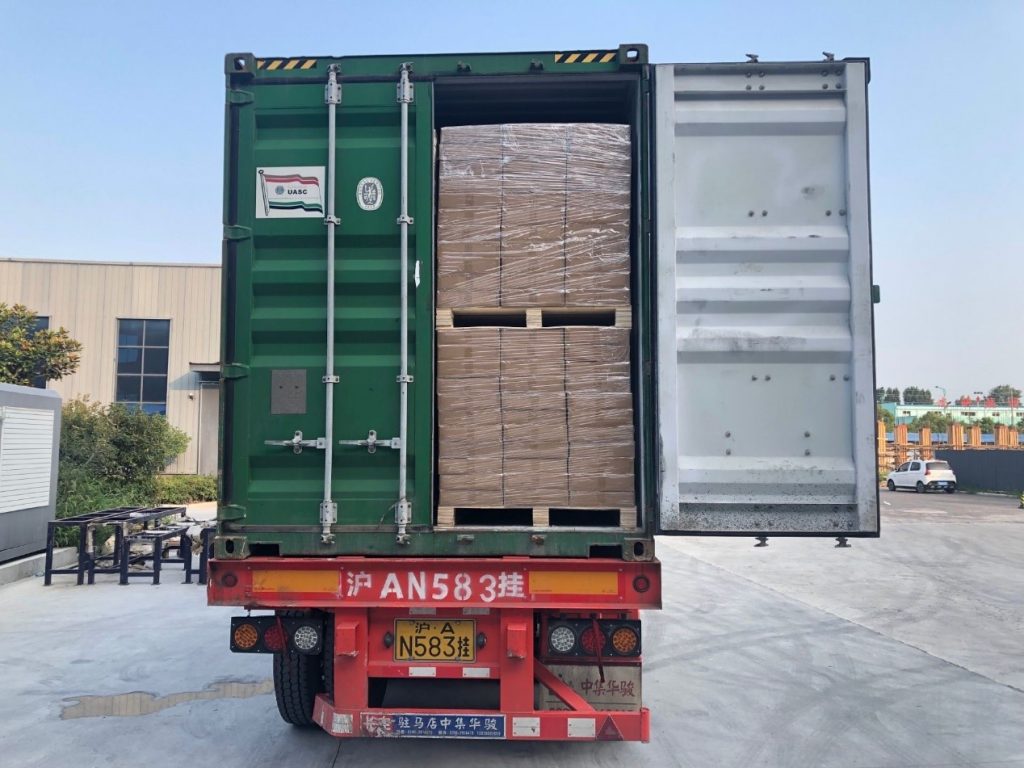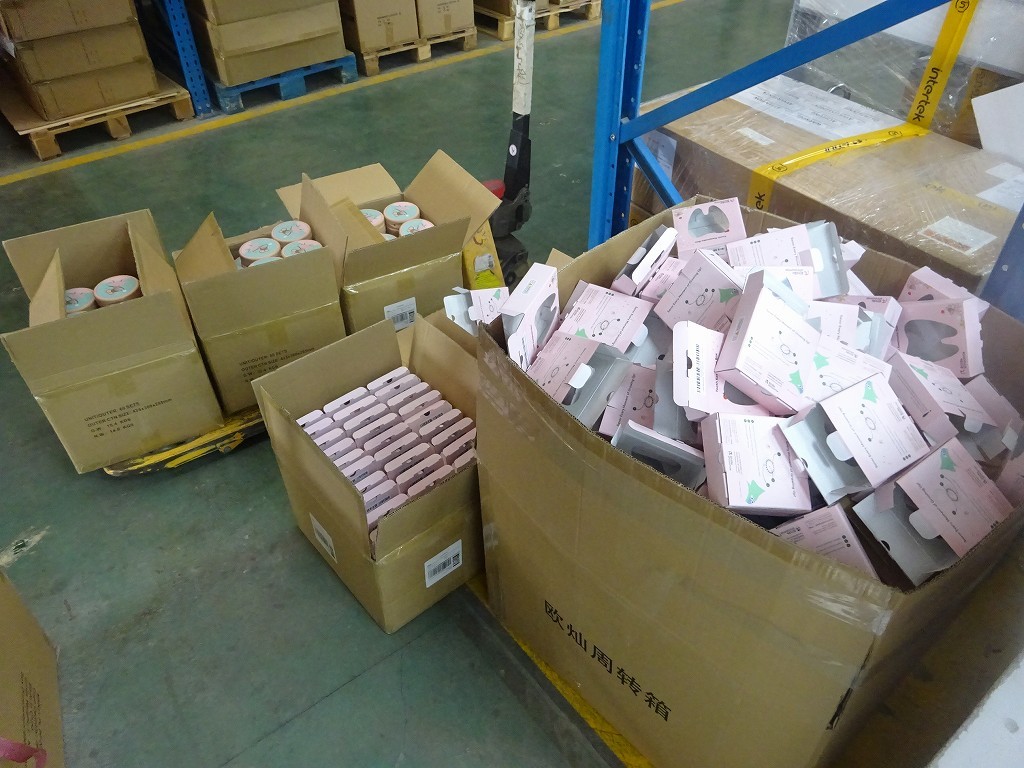Container loading supervision (CLS) is a crucial step in the export process, especially when dealing with shipments from China. It involves thorough verification of the quantity, style, packaging, and overall condition of the products being loaded into containers. CLS aims to ensure consistency, product protection, proper sealing, and adherence to shipping standards. This article will delve into how NBN performs Container loading supervisions, the significance of this process, and the various aspects covered during inspection.

NBN’s Approach to Container loading supervision:
NBN follows a comprehensive approach to Container loading supervision in China. Their inspectors are trained professionals who oversee the loading process, verifying that all conditions of the goods are met. The key steps involved in NBN’s CLS process are:
a) Quantity Verification: Inspectors ensure that the actual quantity of products being loaded matches the agreed-upon quantity. This helps avoid discrepancies and provides accurate delivery records.
b) Product Conformity: Inspectors verify whether the loaded products conform to the approved samples or specifications. This step helps maintain consistency and quality standards.
c) Packaging, Labeling, and Shipping Marks: NBN inspectors thoroughly check the packaging, labeling, and shipping marks on each product to ensure compliance with the CLSent’s requirements and international shipping regulations.
d) Export Carton Quality: The quality of export cartons is assessed to ensure they meet the necessary standards for safe transportation. Inspectors inspect for durability, structural integrity, and adequate cushioning materials.
e) Container Quality: Inspectors evaluate the condition of the containers to ensure they are clean, free from damage, and suitable for transporting the goods. This step aims to prevent any damage or contamination during transit.
f) Loading Process Supervision: NBN inspectors closely supervise the loading process to ensure that proper handling techniques are followed, preventing any potential product damage or misplacement.
g) Reasonable Placement of Export Cartons: Inspectors verify that the export cartons are placed reasonably within the container, maximizing space utilization and ensuring stability during transit.
h) Shipping Document Verification: Before sealing the container, inspectors thoroughly check the shipping documents to confirm accuracy and completeness, including packing lists, invoices, and other necessary paperwork.
Significance of Container loading supervision:
Container loading supervision plays a vital role in ensuring the quality and reliability of exported goods from China. The following reasons highlight its significance:
a) Fraud and Trade Dispute Prevention: CLS helps prevent fraudulent activities by ensuring that the correct goods are shipped. By verifying the quantity, conformity, and packaging, CLS reduces the risk of receiving substandard or counterfeit products. It also serves as essential documentation in case of any trade disputes, providing evidence of the loading process.
b) Delivery Record Accuracy: CLS provides detailed delivery records, allowing CLSents to have complete visibility and traceability of their shipments. This information proves invaluable when tracking inventory, managing supply chains, or addressing customer inquiries.
c) Unclear Quantity of Shipment: In cases where the quantity of goods is uncertain, CLS becomes even more critical. By accurately verifying the loaded quantity, the inspection helps avoid potential misunderstandings and facilitates transparency between buyers and suppliers.
d) New Suppliers: When working with new suppliers, CLS helps mitigate moderate risks associated with product quality and consistency. It provides an extra layer of assurance, ensuring that the products meet the buyer’s specifications and expectations.
e) Second-hand Equipment or Scrap Metals: CLS is particularly important when dealing with high-risk items like second-hand equipment or scrap metals. Verifying the condition, proper packaging, and appropriate loading techniques minimize the risk of damage, contamination, or safety hazards during transit.
Container loading supervision is an indispensable process when exporting goods from China. NBN’s comprehensive approach to CLS ensures that the correct goods are shipped, providing a safe and reliable environment for products. By verifying the quantity, conformity, packaging, labeling, and shipping marks, NBN inspectors minimize the risks of fraud, trade disputes, and quality issues.
CLS is especially beneficial in situations where detailed delivery records are required, the quantity of shipment is unclear, or when working with new suppliers or high-risk items such as second-hand equipment or scrap metals. It serves as a crucial step in maintaining transparency, preventing misunderstandings, and safeguarding the interests of buyers.
You Might Also Like
- Third-Party Inspection In China: A Comprehensive Overview
- Understanding Factory Audit Services In China
- Full Inspection In China
- Quality Inspection In China: Ensuring Product Excellence
- Quality Control In China
- Navigating Quality Control: Understanding Pre-Shipment Inspection In China
- Product inspection in China






